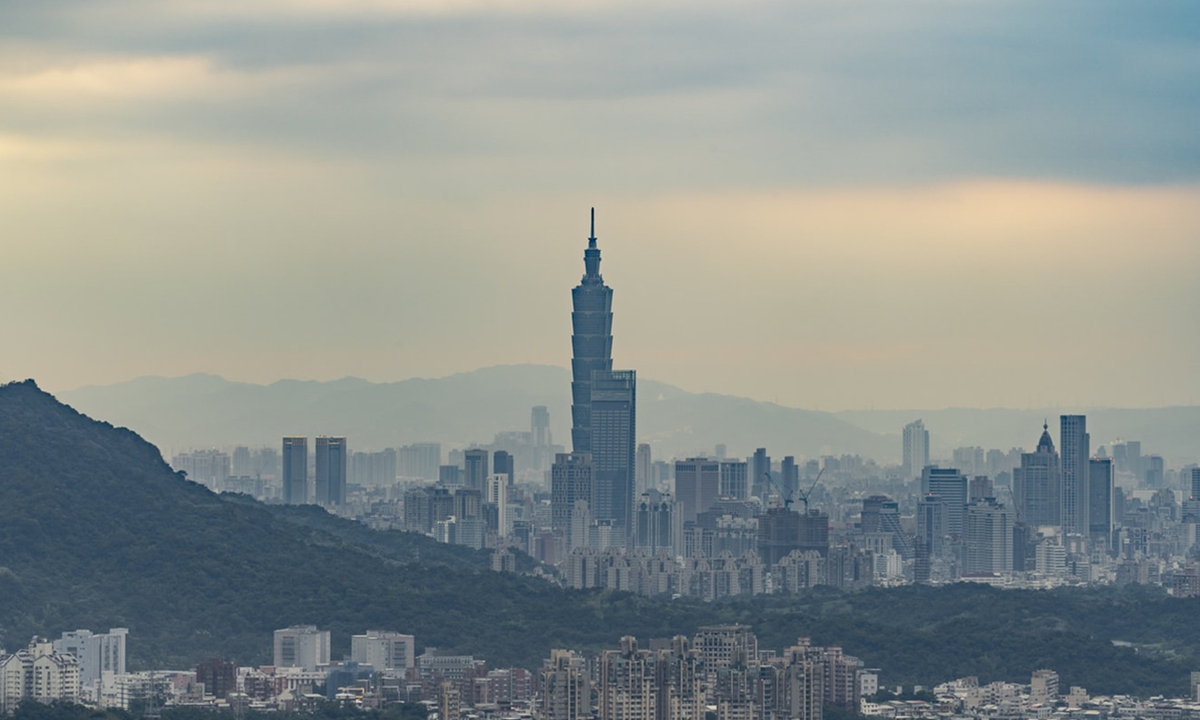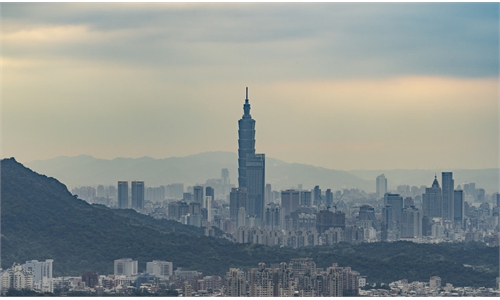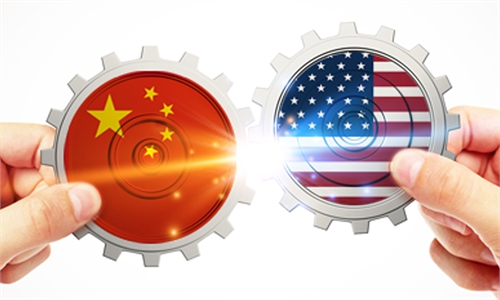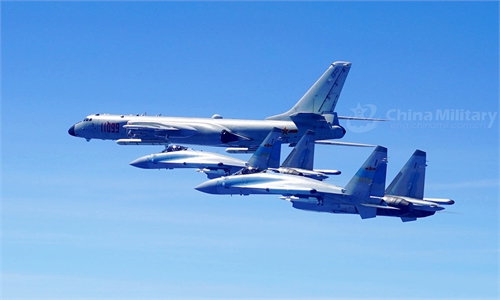US diplomat’s Taiwan visit shows Biden continues with Trump’s tactic, hollows out US ‘one-China policy’: experts

Taiwan Photo: Unsplash
US Ambassador to Palau John Hennessey-Niland, along with Palauan national leader Surangel Whipps, Jr. arrived in the island of Taiwan on Sunday, becoming the first US ambassador to a foreign country to visit the island in 42 years after the US cut off diplomatic ties with the island.Chinese experts said on Monday the visit shows the Biden administration inherited Donald Trump's Taiwan policy, which continuously undermines China-US relations and will get a strong response from the Chinese mainland.
Zhao Lijian, spokesperson for the Chinese Foreign Ministry, said on Monday that China strongly opposes the US ambassador's visit
"The one-China principle is the political foundation of China-US relations. China is firmly opposed to any form of official exchanges between the US and the island of Taiwan. This position is consistent and clear... We urge the US not to try to breach China's bottom line, to avoid serious damage to China-US relations and peace and stability across the Taiwan Straits," Zhao said.
The visit will last five days, which aims at deepening "bilateral relations" between Taiwan and Palau, media reported.
Named as US ambassador to Palau by Trump in 2019, Hennessey-Niland was a former advisor to US Marine Corps Forces Pacific, having been a supporter of Palau's "diplomatic ties" with the island of Taiwan, media reported.
Analysts said the visit shows that the current US administration is in line with the Taiwan policy under the Trump administration, during which the US passed the Taiwan Relations Act that violates the one-China principle.
Zhang Wensheng, a deputy dean of the Taiwan Research Institute at Xiamen University, told the Global Times on Monday Hennessey-Niland's visit shows that the Biden administration is seemingly ignoring the mainland's stance on Taiwan, although the visit cannot change the fact that Taiwan is part of China.
In 2020, the Trump administration sent senior officials like then-Health and Human Services Secretary Alex Azar and then-Undersecretary of State for Economic Growth, Energy, and the Environment Keith Krach to the island of Taiwan, causing intense dissatisfaction from the mainland.
The mainland needs to be alert to the development of relations between the US and the island of Taiwan under the Biden administration, and be alert to such exchanges, which will seriously impact China-US relations, Zhang said.
If this kind of visit becomes a pattern, it means that the US can use this kind of visit as a tool to push its unofficial relationship with Taiwan into a "substantive and quasi-official form," which will harm China-US and cross-Straits relations, Zhang noted.
Just when analysts try to figure out a clearer version of Biden's Taiwan policy, US Secretary of State Antony Blinken criticized China on the Taiwan question at the recent Alaska meeting with Chinese senior diplomats. There was also a bill proposed in Congress to include Taiwan in the "NATO plus" group.
Xin Qiang, a deputy director of the Center for US Studies at Fudan University, told the Global Times on Monday that the Trump administration's Taiwan policy will largely be continued by the Biden administration.
China-US ties have deteriorated considerably during the Trump era, and constantly challenging the one-China principle on the Taiwan question was an important reason, observers said.
The Biden administration is also hollowing out their "one-China policy," which requires the US to maintain unofficial relations with the island of Taiwan in trade and people-to-people exchanges, said Xin, "but is adding more and more security, military, political, and diplomatic exchanges."
Representatives of the US and the island of Taiwan on Thursday signed a memorandum of understanding to enhance cooperation between coast guards that could "improve communications, build cooperation, and share information," media reported.
"It means that in the short term, it is difficult for China-US tensions to ease, especially on the Taiwan question. There is no room for China to compromise," Xin said.
Experts said that Biden knows that they have to cooperate with China in some fields, which explains the US' salami-slicing moves instead of a complete break-up. However, tricks would reinforce China's suspicion of the US, and erase mutual trust.
"Biden wants to strike a balance between prodding China with the Taiwan card and a complete rupture over the Taiwan question. However, the balancing point viewed by the Biden administration may be very different from that of the mainland. From this perspective, the Biden administration is testing and playing with fire," Xin said.
If it goes too far and forces the Chinese mainland to retaliate strongly, further deterioration of China-US relations will be inevitable, he noted.




